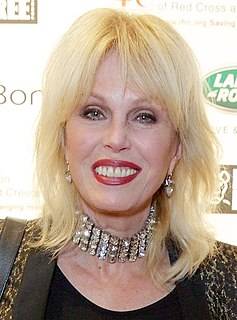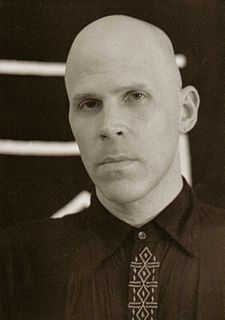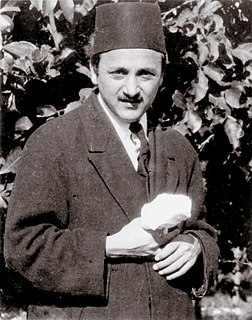A Quote by Joanna Lumley
I think that unless you can take judgments of right and wrong like an automaton, you must have emotions because that is our only way of moral guidance.
Related Quotes
What interest, zest, or excitement can there be in achieving the right way, unless we are enabled to feel that the wrong way is also a possible and a natural way, nay, more, a menacing and an imminent way? And what sense can there be in condemning ourselves for taking the wrong way, unless we need have done nothing of the sort, unless the right way was open to us as well? I cannot understand the willingness to act, no matter how we feel, without the belief that acts are really good and bad.
If there is no absolute moral standard, then one cannot say in a final sense that anything is right or wrong. By absolute we mean that which always applies, that which provides a final or ultimate standard. There must be an absolute if there are to be morals, and there must be an absolute if there are to be real values. If there is no absolute beyond man's ideas, then there is no final appeal to judge between individuals and groups whose moral judgments conflict. We are merely left with conflicting opinions.
I'm not saying that atheists can't act morally or have moral knowledge. But when I ascribe virtue to an atheist, it's as a theist who sees the atheist as conforming to objective moral values. The atheist, by contrast, has no such basis for morality. And yet all moral judgments require a basis for morality, some standard of right and wrong.
They sense that there's a majority out there and that the emotions are all on the other side-if they can be heard. They think the politicians are going to yield to the emotions. I think the corporations are wrong about that. I think the companies will have to give in only at insignificant levels. Because the companies are too strong, they're the establishment. The environmentalists are going to have to be like the mob in the square in Romania before they prevail.
It is not sufficient to pray diligently for guidance, but this prayer must be followed by meditation as to the best methods of action and then action itself... because prayers can only be answered through action and if someone's action is wrong, God can use that method of showing the pathway which is right.
Mistakes are at the very base of human thought, embedded there, feeding the structure like root nodules. If we were not provided with the knack for being wrong, we could never get anything useful done. We think our way along by choosing between right and wrong alternatives, and the wrong choices have to be made as often as the right ones. We get along in life this way.
All voting is a sort of gaming, like checkers or backgammon, with a slight moral tinge to it, a playing with right and wrong, with moral questions; and betting naturally accompanies it. The character of the voters is not staked. I cast my vote, perchance, as I think right; but I am not vitally concerned that right should prevail. I am willing to leave it to the majority.




































